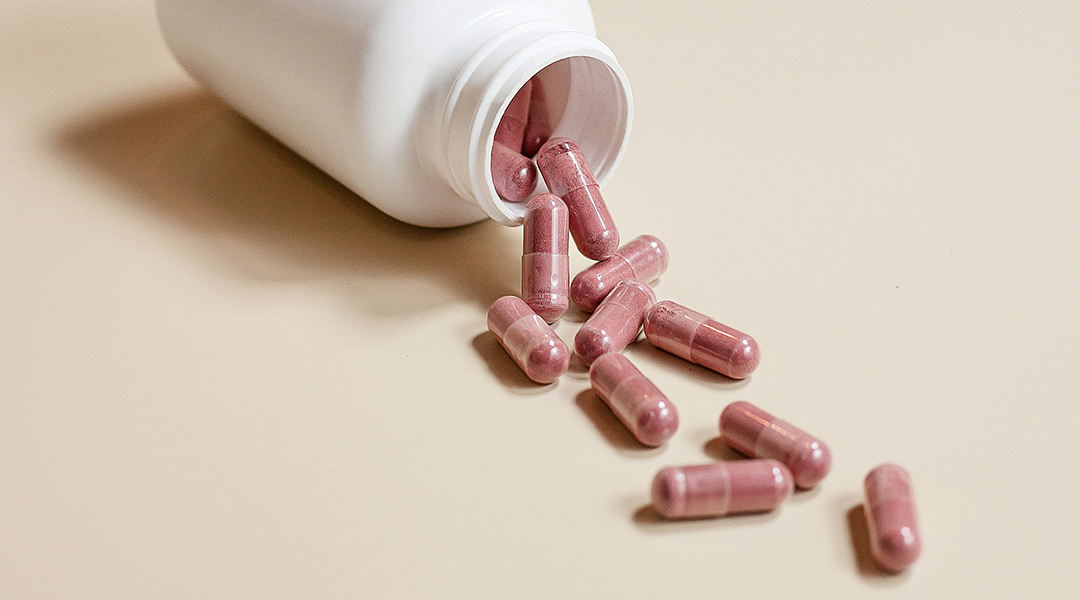Researchers are investigating the potential of probiotics as a preventive measure against cardiovascular disease. There is mounting evidence indicating a significant connection between gut health and the development of cardiovascular conditions, alongside the heart‘s capacity for recovery from injury.
“In individuals with cardiovascular diseases and associated risk factors, there are notable disparities in the composition and ratio of gut microbiota when compared to those without,” explained Moshi Song, professor at the Institute of Zoology, Chinese Academy of Sciences. “We are exploring the role of gut microbiota-related metabolites and their therapeutic potential in cardiovascular diseases.”
Probiotics and heart disease
In a study recently published in Advanced Science, Song and a team of scientists flagged the probiotic Lactobacillus reuteri (L. reuteri) and one of its metabolites, γ-aminobutyric acid (GABA), as promising candidates for a preventative therapy.
According to Song’s colleague and another of the study’s authors, Jun Wang, professor at the Institute of Microbiology, Chinese Academy of Sciences, L. reuteri has a long history as a probiotic, with research supporting its ability to lower inflammation by modulating levels of anti-inflammatory cytokines — biomolecules that control the body’s inflammation response.
“Administration of probiotics has been tested in rat models […], using strains such as Lactobacillus rhamnosus GR-1, Lactobacillus plantarum, or Bifidobacterium lactis, and the results showed positive outcomes such as reduction in [tissue damage] and improvement in myocardial function,” wrote the team in their study. “Yet, the key metabolites responsible for their protective effects in [heart attacks] have not been determined, preventing a better understanding of the exact mechanism or process of action.”
Stacking the gut microbiome
The team were also interested in observing the effects that stacking the gut microbiome with L. reuteri might have on a serious post-heart attack complication known as ischemia-reperfusion or reoxgenation injury, where tissue is damaged when blood supply returns following a period of oxygen deprivation.
They found that mice fed with L. reuteri probiotic had elevated levels of the GABA metabolite in both their blood and heart tissue, and this group had significantly reduced cardiac injury, measured in terms of cardiac function and levels of inflammation, following reoxgenation injury.
“The inflammatory response following ischemia-reperfusion injury plays a crucial role in cardiac repair,” said Jiawan Wang, the study’s lead author. “Immune cells are mobilized post-injury to engage in the inflammatory cascade, though excessive inflammation can contribute to adverse outcomes, such as cardiac remodeling and heart failure.”
“We found that GABA […] reduced the number of pro-inflammatory macrophages [immune cells implicated in cardiac repair], which was indispensable for its cardio-protective effect,” he continued.
Minimizing risk and degree of injury
The team gained further insights into GABA’s beneficial effect, determining that it reduces inflammation by inhibiting the activation of a complex called the NLRP3 inflammasome in macrophages — a mechanism that could contribute to the protective effects of GABA observed in the study. This means that when disease occurs, the degree of damage could be reduced due to the pre-treatment with L. reuteri, taken in advance.
“Due to its ready availability and demonstrated safety profile, L. reuteri holds promise for potential incorporation into clinical interventions, especially in the case of myocardial ischemia-reperfusion injury-primarily attributed to acute coronary artery disease, which still poses challenges for preclinical prevention,” said Wang. “Our study indicates that the current preventive measures are valuable in patients with high risk factors for [heart attack], while future research will be also focused on treatments.”
The team is working on a concurrent study, in which they are investigating similar effects in Bifidobacterium infantis and its metabolite, inosine, on myocardial ischemia-reperfusion injury.
“Future research will focus on post-[heart attack] interventions by gut microbiome and their metabolites administration in order to identify optimal clinical applications,” added Song. “Additionally, the involvement of gut microbiome will be examined in other cardiovascular disease models, such as chronic heart failure.”
Reference: Jun Wang, Moshi Song, et al., Prophylactic Supplementation with Lactobacillus Reuteri or Its Metabolite GABA Protects Against Acute Ischemic Cardiac Injury, Advanced Science (2024). DOI: 10.1002/advs.202307233
Feature image credit: Unsplash

















